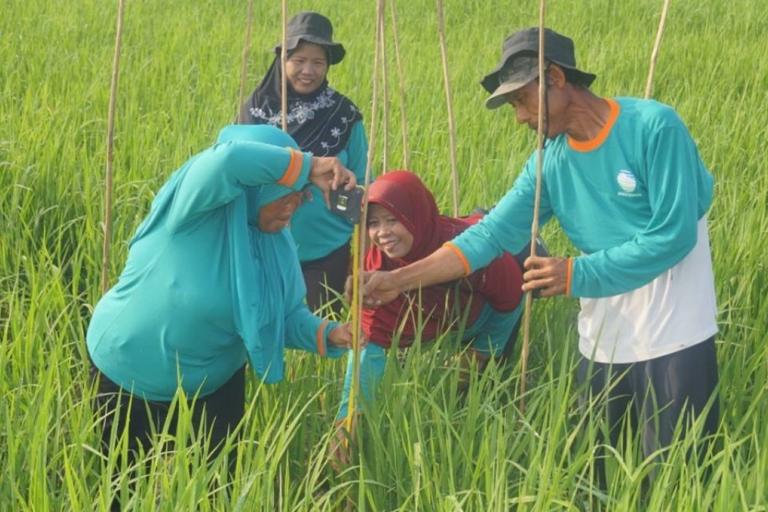World Bank and WMO announce Hydromet Development Alliance commitment

World Meteorological Organization Secretary-General Petteri Taalas today announced a joint commitment with the World Bank to spearhead the creation of an Alliance for Hydromet Development to boost climate and weather science and information for a resilient world.
The initiative was announced at an event on “Investing in a Climate Adapted World” held during the 2018 IMF/World Bank Group Annual Meetings, in Bali, Indonesia.
“The goal is to have a collective commitment to make coordinated and sustainable investments at scale in hydromet and early warning systems for more resilient development,” said Laura Tuck, World Bank Vice President, Sustainable Development. “We are committing to mobilize our partners to do more and to do better.”
The alliance will bring together developing countries, climate finance and development partners, private sector and knowledge institutions to jointly increase the effectiveness of efforts to strengthen capacity for delivery of weather and climate information services in developing countries.
“This announcement marks a milestone in the growing partnership between WMO and World Bank, in which both institutions are bringing together their best technical, financial and convening power capacities to accelerate evidence-based climate adaptation and resilience”, said WMO Secretary-General Petteri Taalas.
According to the World Economic Forum 2018 Global Risks Report, four of the five most pressing risks the world is confronted with are related to weather, climate, and water. This translates into rapidly increasing demands for the provision of weather, climate, water information services.
However, many national hydrometeorological (hydromet) institutions in developing countries face major performance challenges due in part to a fragmented landscape of resources for effective hydromet development.
In view of this the Alliance aims to move from fragmentation to coherence, and from marginal results to large scale impact. Priorities include:
- Support developing countries in closing the capacity gap on weather, climate and water information services provision to deliver on the increasing demand for hydrometeorological information and services
- Foster financial innovation and solutions that create new opportunities to accelerate and scale up successful business models for realizing increased socio-economic benefits of hydromet services
- Ensure sustainability of investments and innovations beyond the lifetimes of individual projects. Adequately consider sustainable delivery of global hydrometeorological public goods services
The envisioned Alliance along with the World Bank Adaptation & Resilience strategy and Global Risk Financing Facility (GRiF) launched at the same event, set an ambitious framework of action to ramp up climate resilience action.
WMO and the World Bank also signed a new framework agreement to strengthen and steamline their cooperation. This substantially simplifies and streamlines the process by which World Bank borrowers engage WMO to provide technical assistance within the context of World Bank-financed operations.
See also: WMO and World Bank partner to support sustainable development

